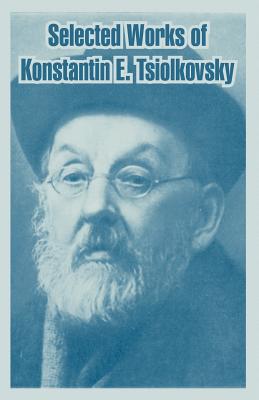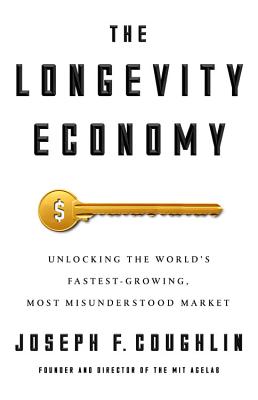
description
throughout the world as the father of astronautics. He was largely self-educated and in later life worked under extremely difficult conditions in an atmosphere that combined indifference with hostility and ridicule. But his extreme dedication to the idea of space flight never left him. Tsiolkovsky was 60 years old when the October Revolution of 1917 took place, yet most of his scientific papers were written after the revolution. At the time of his death in 1935 they exceeded 500. The tremendous advances of soviet science and technology culminated, in 1957, in the world's first spacecraft - Sputnik I, thus bringing to fruition the prophetic ideas of the great Russian pioneer of astronautics. This volume contains a selection of some of Tsiolkovsky's more important scientific works.
member goods
No member items were found under this heading.
Return Policy
All sales are final
Shipping
No special shipping considerations available.
Shipping fees determined at checkout.







